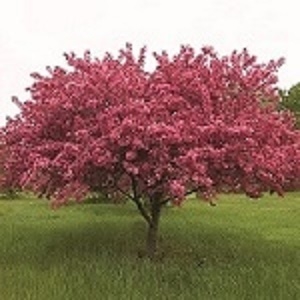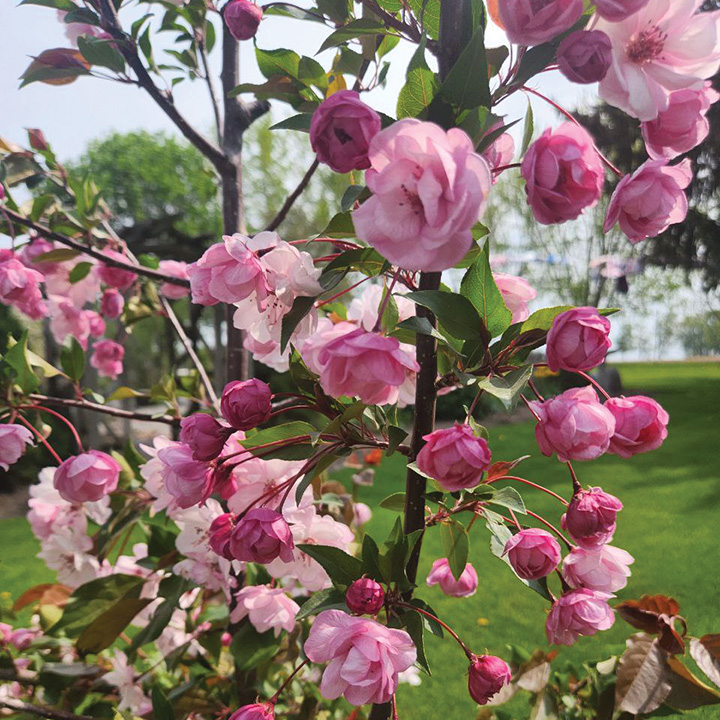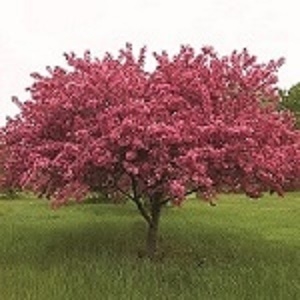No warranty or replacement policies on trees and plants purchased on clearance sale pricing
Due to CFIA regulations we cannot ship plants outside of Canada and cannot ship fruit trees or grape vines to BC.
You are $500.00 away from a 10% discount
Home » Shop » Trees » Apple » Flowering Crabapple »
Flowering Crabapple : PRAIRIFIRE Standard (Antonovka)
$55.95
In addition to having the deepest crimson-pink bloom of any flowering crab, Prairifire is also noted as one of the most disease resistant, rarely showing any problems from scab or other issues. The exquisite flower extravaganza arrives a little later and stays a little longer than most, turning into ½" dark red fruits that do not drop. Maroon colour foliage fades out into deep green during the summer. Upright, spreading, rounded tree generally matures at 5-6 m (15-20') high and 6m (20') wide.
SELF-FERTILE | ZONE 4
Flowering Crabapple Product Overview
Bareroot trees
5 reviews for Flowering Crabapple : PRAIRIFIRE Standard (Antonovka)
Only logged in customers who have purchased this product may leave a review.
Growing Tips
Apple Growing Tip
Besides selecting the most disease resistant varieties, there are
a few simple things to do to have better apples.
- Fertilize under the outer edges of your trees. There are no feeder roots next to the trunk. A well fed tree stays healthier. (Adequate calcium in the soil also helps so that apples keep longer.)
- Pick up fallen fruit and compost, dispose of, or feed to livestock (where possible).
- Rake up leaves in the fall and compost them away from the orchard.
- Prune trees to encourage light and air to reach the inside of the tree.
- Provide bird nesting sites near your orchard. A variety of orchard companion type plants will attract native pollinator insects and also encourage birds to come and eat insect pests.




Sean S. (verified owner) –
Still waiting to see how gorgeous the tree becomes, but the service and entire purchase process was amazing. Great info provided for the planting and care, and a knowledgeable staff that had answers to any question I had. Highly recommend!
Anonymous (verified owner) –
William J. (verified owner) –
Denis Coulombe (verified owner) –
Blooming
Marie Scultore (verified owner) –